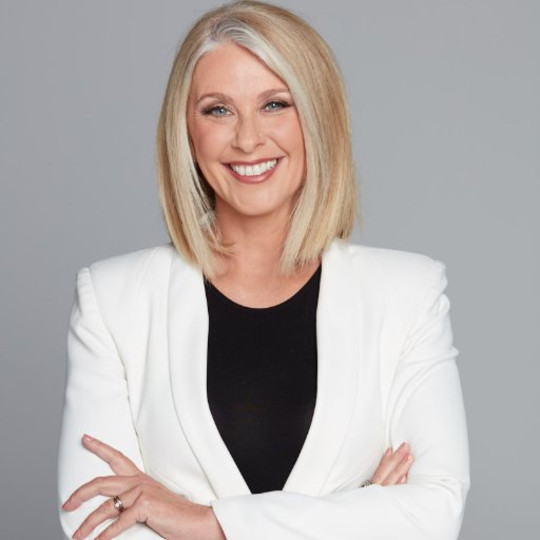
- IFJ
- Media centre
- News
- IFJ Q&A: we found that trolling had forced many female journalists out of the industry
IFJ Q&A: we found that trolling had forced many female journalists out of the industry
Tracy Spicer is the co-founder and national convenor of Women in Media and well-respected Australian journalist. We interviewed her on her experiences with online harassment of women journalists:IFJ: What are you experiences with online harassment and trolling from your work?
TS: I have had repeated and sustained online harassment and trolling for the past five years. Followers of A Voice for Men in the US have threatened to kill and rape me and my young children. It’s been terrifying.
IFJ: How important an issue is online harassment of women journalists? Has technology made it easier to harass women journalists, shame them and silence them?
TS: It’s a huge issue, which media organisations aren’t addressing adequately. In our groundbreaking Mates Over Merit Report, conducted by Women in Media and iSentia, we found that trolling had forced many female journalists out of the industry. http://womeninmedia.net/portfolio-item/media-release-mates-over-merit-the-women-in-media-report/ Now, in conjunction with the union, we’re going to media workplaces to teach employees how to manage this harassment, and employers how to protect their workers.
IFJ: Studies over the years (by Demos in 2014 or the 2016 study by the Guardian), have shown that women journalists are subjected to greater harassment online than male journalists? Does this bear out your experience?
TS: Yes, it does. Our report found that both male and female journalists believed women copped it worse than men. The trolling of women is also more sexualised. Men aren’t often threatened with rape.
IFJ: Is there a particular type of story that invites trolling? Or is it more about the gender, caste or ethnicity of the byline holder?
TS: It’s about all of these things – in fact, it’s intersectional. Stories about politics, religion and gender issues tend to attract particularly vile trolling.
IFJ: Should hate speech and online misogyny be filtered/moderated? What are the implications for freedom of speech?
TS: WE can filter/moderate online trolling without threatening free speech. I mean, we don’t accept abuse and vilification in the street, do we? While police forces around the world are taking these threats more seriously, social media organisations are slow to protect those on their platforms.
IFJ: What steps has your organisation taken to tackle online harassment and ensure that you and your colleagues can freely express yourselves? Do you think this is enough? What would an ideal social media policy look like?
TS: I am freelance, so there are few – if any - protections.
IFJ: How can harassers/perpetrators of online abuse be held to account, thus changing the culture of impunity that accompanies the harassment.
TS: Social media platforms could block them, and media organisations could take legal action against them, or report the incidents to the police with greater frequency.
IFJ: What more can be done –by journalists themselves; unions, media organisations, social media platforms, the public and law enforcers– to defend women’s right to free expression online with confidence and security?
TS: Educate women about their rights. Use the appropriate language – ie. abuse, online assault, violence. Go to workplaces and conduct robust training sessions.
For more information on Women in Media, you can visit the website here.
